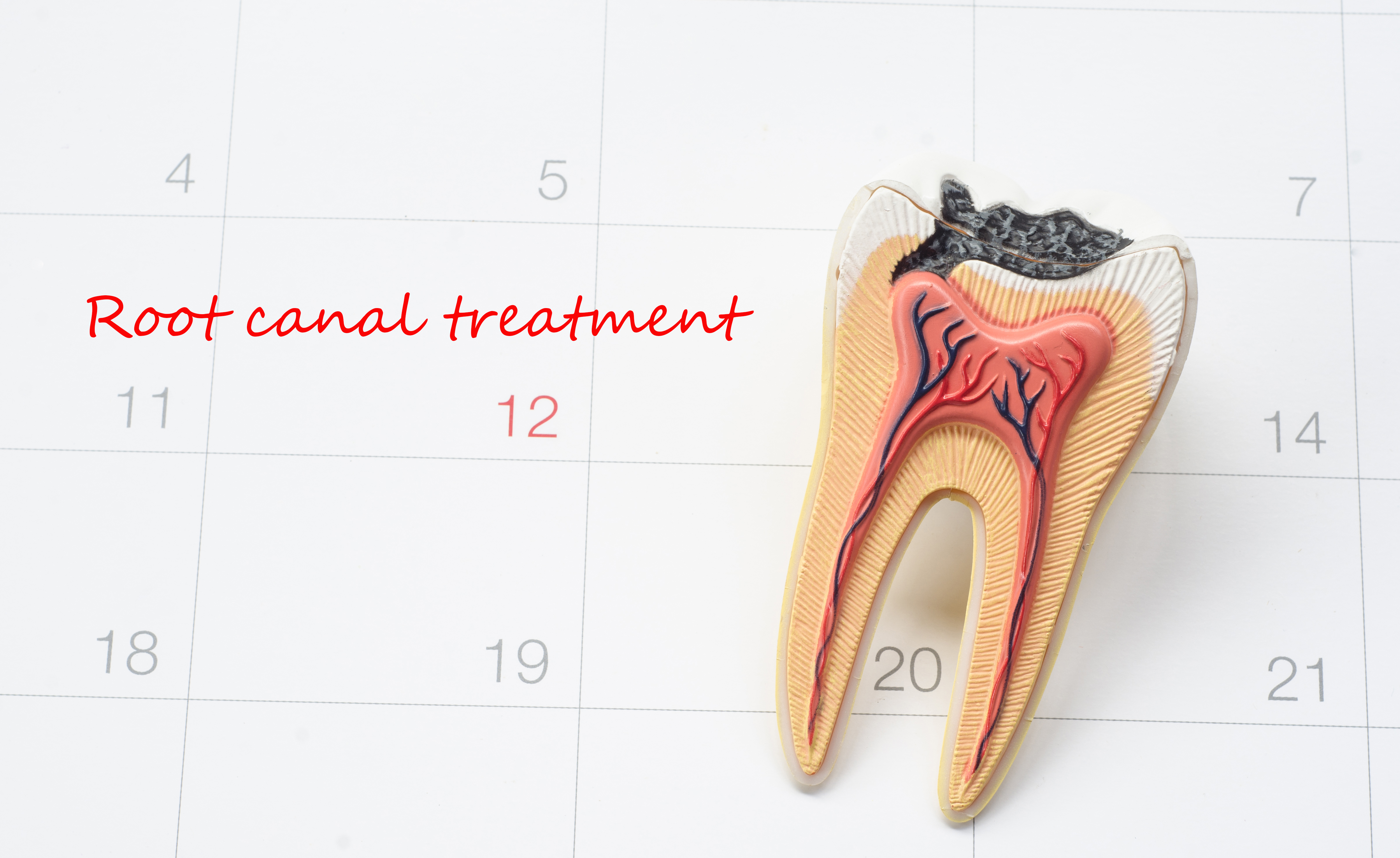How to Care for a Root Canal

Does the notion of root canal therapy and crowns and bridges make you nervous? Root canal therapy is a popular, successful, and safe technique.
Dentistry has progressed tremendously due to technological advances. A root canal is now more comfortable than a few years ago. More significantly, it can relieve pain, prevent deep-seated and painful infections, and even save your tooth and smile. The infected pulp, which contains blood vessels, other cells, and connective tissue, is carefully removed during the treatment, and the tooth’s center is filled.
Here’s how to look after your root canal.
Can a root canal be prevented?
Prevention is definitely better than a root canal, and thankfully there are several things you can do to prevent severe treatments like a root canal or dental implants.
Regularly brush and floss to keep away tooth decay-causing bacteria. Avoid sticky and hard foods. Sticky foods tend to linger around on your teeth and feed the decay-causing bacteria in your mouth, and hard foods can crack teeth.
Avoid sugary drinks, carbonated beverages, citrus fruit juices, and acidic alcoholic beverages like wine and beer. They can all erode tooth enamel, weaken your teeth, and even cause tooth decay.
The good news is that most teeth problems don’t develop overnight. Have regular check-ups so your dentist can monitor your oral health and spot problems before they warrant severe treatments like root canals or dental implants.
What to do before your root canal procedure
Depending on the anesthetic used, your dentist will tell you if you should eat before your root canal therapy.
Discuss any fears or anxieties with your dentist, including whether there will be a need for crowns and bridges.
Discuss the option of taking a pain reliever before your appointment and after the root canal therapy. Inform your dentist about the medications you take before the procedure.
Avoid smoking and alcohol for at least 24 hours before the procedure, as both can affect how blood flows through your veins and how your blood clots.
If you need someone to drive you home after the procedure, making arrangements for that is a good idea.
Suppose the scheduled root canal procedure is a month or more in advance. In that case, your tooth is susceptible to getting abscessed and extremely painful during that time. During this period, avoid cold and hot beverages/foods, sweets, and items with acidic qualities (fruit juice, lemonade, citrus fruits). Brush and floss regularly until your root canal appointment. Consult your dentist about using over-the-counter pain relievers.
Maintaining oral care after root canal therapy
You may have soreness when the anesthetic wears off. To relieve pain or discomfort, utilize the pain relievers your dentist gives you at the suggested dosage.
Don’t stop brushing or flossing, as the treated tooth must be kept clean. However, brush, floss, and rinse gently and with care.
Hard foods can cause your temporary filling to come loose, so stick to soft foods and chew on the other side to prevent placing too much pressure on the recently treated tooth.
Your dentist will provide instructions tailored to your specific requirements and medical history. Carefully follow these directions.
Once you receive your permanent filling/crown, you can return to regular oral care.
Good oral hygiene can prevent severe treatments like root canals, implants, crowns, and bridges. However, root canal therapy is sometimes the only method to save a tooth. When scheduled for a root canal, there are things you can do to prepare yourself for the procedure and to recover after the treatment. However, it is vital that you carefully follow your dentist’s advice.
